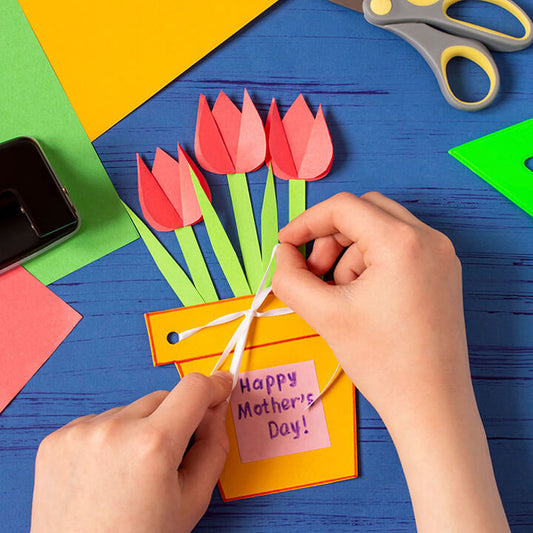Kids don’t come with instruction manuals—as most parents will heartily agree! Consequently, parents usually follow a style that combines what their parents or caregivers modeled and what they admire about the style of other parents, including other factors such as cultural influences and their own mental wellness. Most parents fall into one of four main parenting styles: Helicopter, Drill Sergeant, Uninvolved, or Consultant.
Understanding the characteristics of these styles, and the different effects they can have on children, can help you make the necessary adjustments in your parenting style so you can raise mentally strong kids who grow into confident, kind, responsible adults. Let’s look at these four parenting styles.
Helicopter Parents
Helicopter parents constantly rescue and protect their kids from their teachers, other kids, and the rest of the world. Because they are always hovering over their kids to protect them, we call them helicopter parents. Helicopter parents usually:
- Take on the responsibilities of their children
- Make decisions for their children rather than letting them learn from their own decisions
- Protect their children from any possible negative feelings
Drill Sergeant Parents
Drill Sergeant parents constantly command and control their kids, barking orders and attempting to control their lives. We call these parents drill sergeants because they resemble the classic model of a drill sergeant. Drill sergeant parents usually:
- Tell their children how they should handle responsibilities
- Make decisions for their children and command them to comply
- Tell their children how they should feel
- Often speak in anger and use lectures, threats, and warnings
Uninvolved Parents
Simply put, these parents don’t care. They are detached from their children and there is generally a lack of bonding, caring, and adequate supervision. Uninvolved parents:
- Provide no structure for their kids
- Don’t supervise their kids
- Allow their kids to run free rather than hold them accountable for their actions
Consultant Parents
Consultant parents are very different from the other parenting styles. These parents are always willing to share alternatives with their kids. They describe ways their kids’ problems might be solved and hold them accountable for their actions and decisions. Consultant parents:
- Very rarely mention responsibilities
- Provide alternatives for their children, explore these with their children, and allow them to make their own decisions
- Use an abundance of empathy and avoid anger, lectures, threats, and warnings
- Share their feelings about their own responsibilities and performance with their children
The Most Effective Parenting Style
We believe that Consultant Parenting is the best style. It allows kids to grow by learning from their mistakes. By allowing kids to live with the consequences of their choices, these parents truly help their kids learn how to make better decisions in their lives. This approach is based on four principles:
- Shared control—by giving away control they don’t need, parents gain control
- Share thinking and decision-making—parents share many opportunities for kids to do the greatest amount of thinking and decision-making
- Equal shares of empathy and consequences—when parents respond with empathy instead of anger, kids can think and learn from their mistakes
- Maintaining a child’s self-concept—when kids are given control over their decisions, and learn to make good decisions for themselves, their self-concept is improved, which leads to improved behavior and achievement
The book by Dr. Daniel Amen and me, Raising Mentally Strong Kids, describes the different parenting styles in more detail. It also provides a wealth of information that will help you become a Love and Logic Consultant Parent and support your child’ brain health as well as decision-making skills
Thanks for reading!
























































